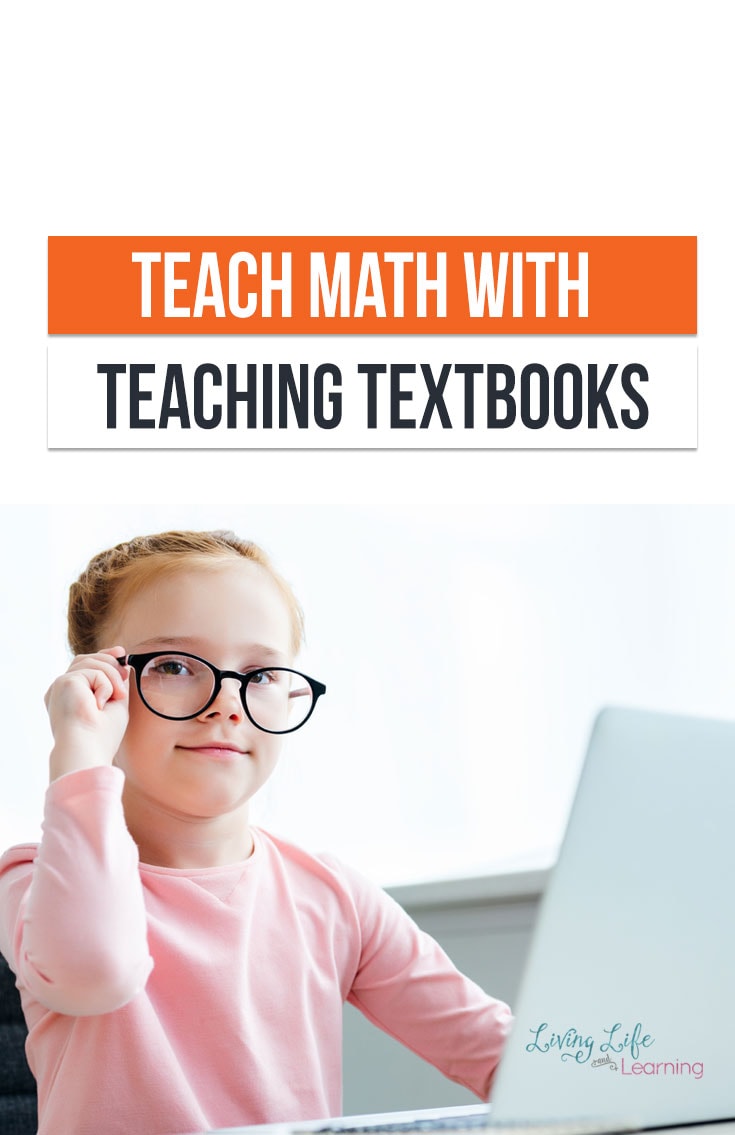I always thought that I was a good math teacher. I knew the material, prepped well, had good interaction with the students while I lectured, fielded questions appropriately, always had fresh breath and was told that I explained things well. Yet, my success rate in my community college Algebra classes was right in there with the national average -- about 35%. It was brutal and I felt like a failure. Was it them? Was it me? Heck, I knew that I was trying by best. Also, it bummed me out that that my students ranked going to math class right up there with going to the dentist. I'd been trying to change my students for years with no success... Then, I realized that I could change!! I spent an entire summer (and, then, continued after that) reading books on how to motivate people, success training and how people learn. I changed everything! I changed how I taught. I changed my own approach and classroom attitude. I even (and most importantly) changed what I talked about on the first day of class. And I couldn't BELIEVE the change that took place in my students!! Most of them actually LIKED coming to my math classes! I could even feel the difference in the vibe of the class when I walked in the door. Oh, and my success rate? It went up to 75-80%!
For more info on how I changed everything, check out my stuff below... and good luck in your classrooms!
Math Teach To Be Happy Birthday Wishes
| I've now put my math phobia and study training book online for free! Woo hoo! Please check it out and refer your students to it. You might also get a kick out of reading through the first part yourself to see my journey from nauseous mathphobe to the creator of Coolmath.com. Math Survival Guide: Heal the Past, Conquer Anxiety and Build Success. |
| Find out how to use Survivor Algebra in the classroom! Survivor Algebra not only teaches students Algebra, it trains them to be successful in all areas. Note that, even though I call it Survival ALGEBRA, you can use it for any math subject. |
| The two books that influenced my teaching change the most were: Bringing Out the Best in People: How to Enjoy Helping Others Excel by Alan Loy McGinnis How People Learn: Brain, Mind, Experience, and School: Expanded Edition by Committee on Developments in the Science of Learning with additional material from the Committee on Learning Research and Educational Practice and National Research Council |
| Help support Coolmath by linking to Coolmath.com from your school and district websites! |
| Please read about the copyright and fair use of our content in the classroom. |
Making your teacher happy serves many purposes, and demands something in return – it makes school go more smoothly, it makes your family pleased and proud and ultimately it makes attaining what you want in life easier. But it also means putting in the time and effort to learn and thoughtfully apply the things you've been taught in class. These phrases work well for children: May I be safe, may I be happy, may I be healthy, may I be peaceful. When the boy split his chin, the other four-year-olds got together to do this practice: May you be safe, may you be happy, may you be healthy, may you be peaceful. It's never too early to start your child's education. Preschoolers, kindergarteners, toddlers, and older kids are eager to learn their ABCs, counting, addition, subtraction, and more! The best way to encourage that is to share smart, well-made educational apps and games with them on a daily basis. Math Kids is a free learning game designed to teach young children numbers and mathematics. Nov 30, 2019 - Explore Stacy Treble's board 'Be happy' on Pinterest. See more ideas about words, inspirational quotes, quotes.


The number of parents teaching their babies to read has snowballed in recent years. As a result, the reading toddler or preschooler is becoming an increasingly common sight.
Math Teach To Be Happy Birthday
The number of parents teaching their babies math is far, far fewer however. It is easy to see that it's just as important to be good as mathematics as it is to be good at reading. So why do so few parents attempt to give their children a head start in the subject?
A lot of reasons - some valid, some not so valid - hold parents back. Here, BrillBaby takes a look at some of the more common ones. Welcome to the top eight myths of early math…
Now, let's take a look at the top eight myths of early math…
Math Teach To Be Happy Hour
Math Teach To Be Happy Wishes
